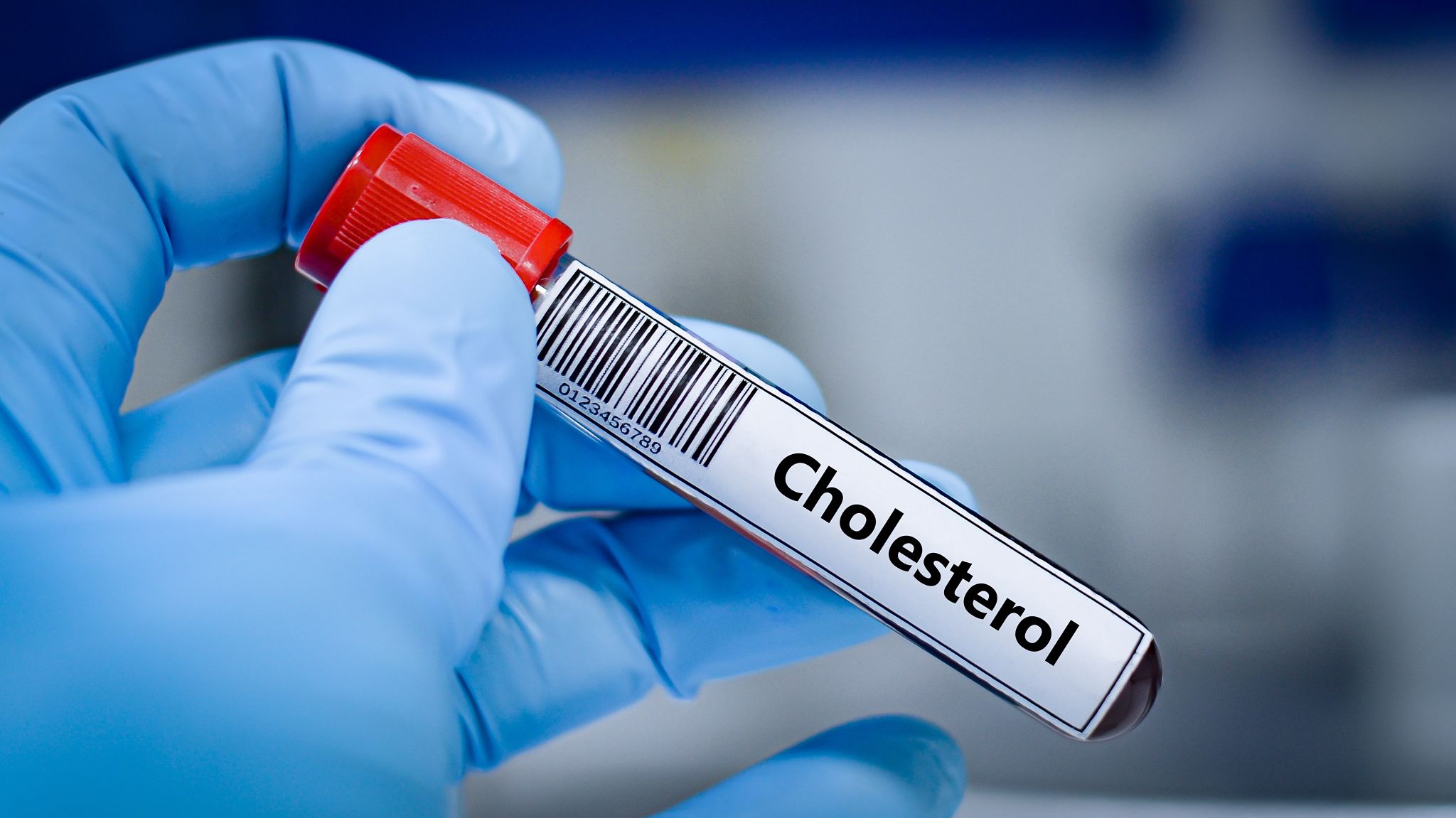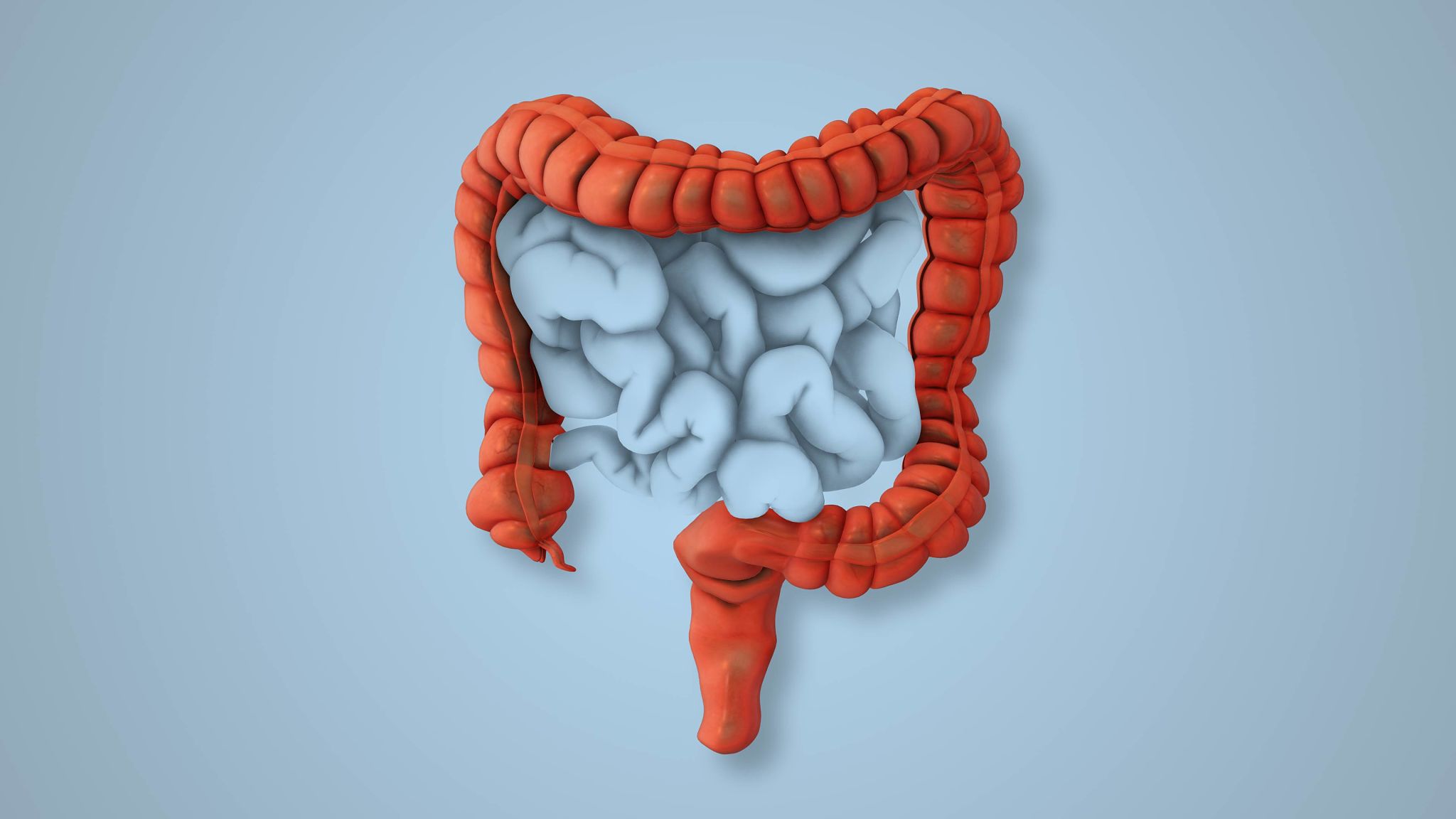Comprehensive Guide to Understanding Common Health Screenings
DA
Introduction to Health Screenings
Health screenings are essential tools in maintaining overall well-being and early detection of potential health issues. These screenings help identify diseases early, often before symptoms appear, allowing for more effective treatment and management. Understanding the various types of health screenings and their purposes can empower individuals to take proactive steps in their healthcare journey.

Types of Health Screenings
Blood Pressure Screening
Blood pressure screenings are crucial for detecting hypertension, a condition that can lead to severe health issues like heart disease and stroke. Regular monitoring helps manage blood pressure levels effectively, reducing the risk of complications. It's recommended for adults to check their blood pressure at least once every two years if within normal range, and more frequently if elevated.
Cholesterol Checks
Cholesterol screenings measure the levels of cholesterol in your blood and assess the risk of cardiovascular disease. High cholesterol often shows no symptoms, making regular checks vital. Adults should have their cholesterol checked every 4-6 years, but those with risk factors may need more frequent testing.

Cancer Screenings
Mammograms
Mammograms are specialized X-rays used to detect breast cancer early. Women aged 50 to 74 should have a mammogram every two years, though those with family history or other risk factors may need them earlier or more frequently. Early detection through mammograms significantly increases treatment success rates.
Colonoscopy
A colonoscopy is an examination of the colon to detect colorectal cancer and polyps. It is recommended for adults starting at age 45 and should be repeated every 10 years if no risk factors are present. Early detection through colonoscopy can prevent cancer by identifying and removing polyps before they become malignant.

Diabetes Screening
Diabetes screening involves testing glucose levels in the blood to identify prediabetes or diabetes. With the increasing prevalence of type 2 diabetes, regular screenings are crucial, especially for individuals over 45 or those with risk factors such as obesity or a family history of diabetes. Early detection allows for lifestyle changes and management strategies to prevent complications.
Conclusion
Regular health screenings are a cornerstone of preventive healthcare. By understanding and participating in appropriate screenings, individuals can significantly reduce their risk of developing serious health conditions. It is essential to consult with healthcare providers to determine which screenings are necessary based on age, gender, and personal health risks.
